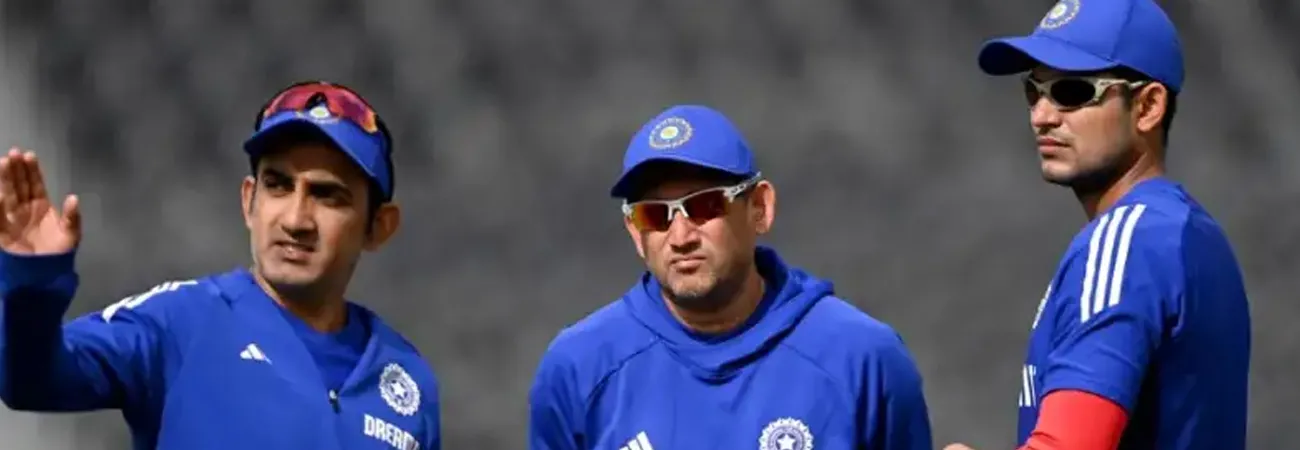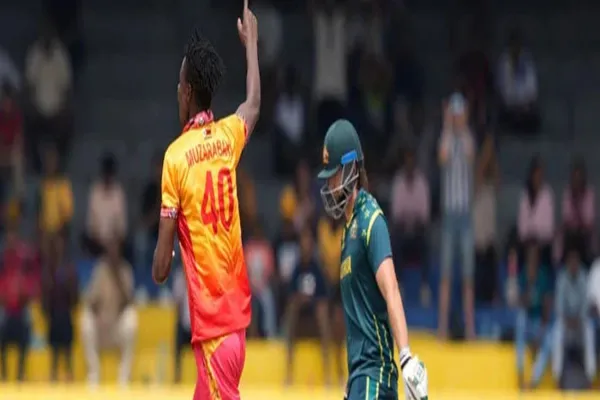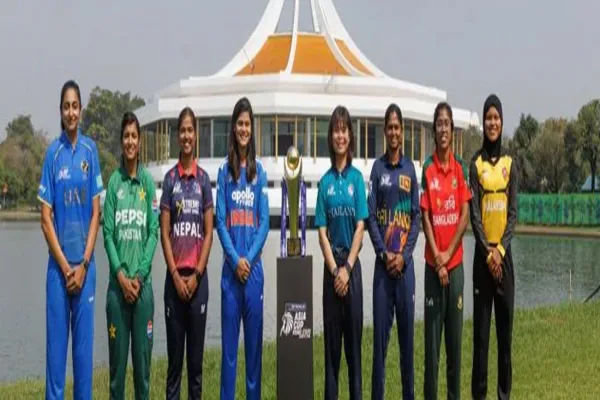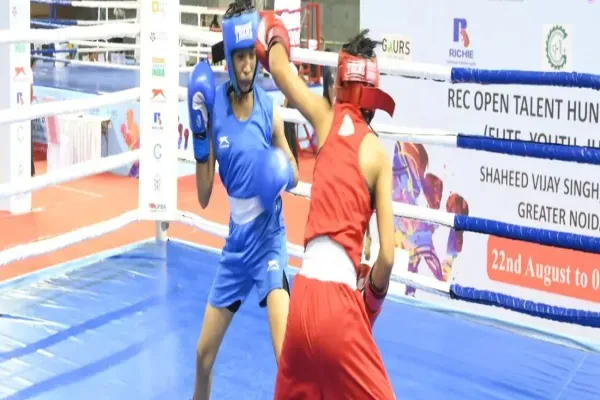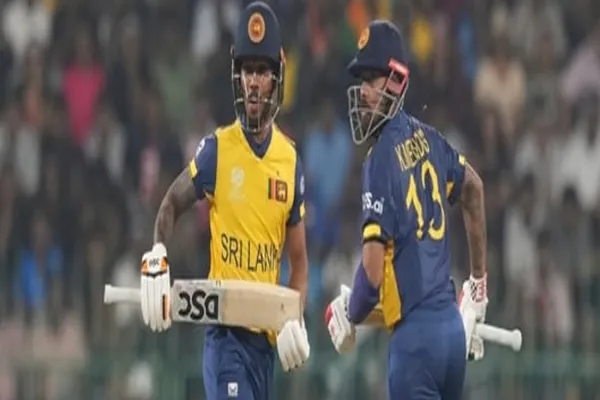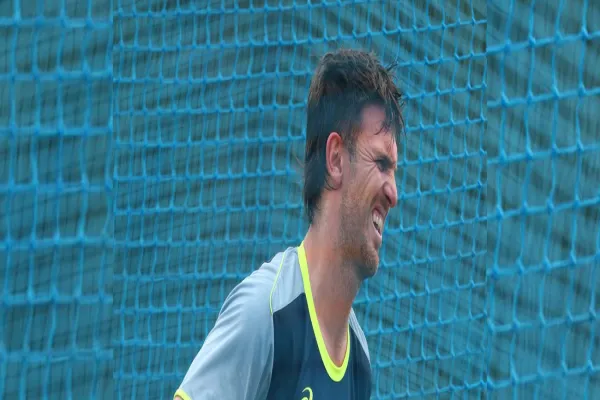i NEWS SPORTS
India didn't need to remove Rohit Sharma as ODI captain. His India have been the second-most dominant side in ODI history. Among 64 players who have captained their country in 50 matches or more, only three have averaged higher, and only one has scored at a quicker pace. Since Rohit captained in only 56 matches - where he made 111.97 runs per 100 balls and 52.2 runs per dismissal - there isn't much room for low returns, but for what it's worth, he scored a superlative century and looked at ease playing a high-risk role in two recent assignments.
It would have been easy to sit in the background and not draw attention towards yourself as an India selector. And yet, the selectors wouldn't be doing their job if they hadn't appointed a new leader. For Rohit will be 40 during the ODI World Cup in 2027, and you don't want a completely raw captain should Rohit happen to lose form between now and the World Cup, a period during which India aren't scheduled to play even 20 matches - not enough to keep ODI-only players sufficiently active.
This is the kind of unsentimental call Australia used to make during their period of dominance: move on from an ageing player not because they were struggling but because a younger player was ready and ought not to be made to wait out their prime years.While this particular call was a relatively easy one to make, with Rohit having given up the other two international formats, India have famously struggled to transition when the incumbents are superstars. The selectors have in the past had to either talk legends into retirement, amp up pressure through strategic leaks to the media, or simply wait for them to call it a day.
Over the last couple of years, the Indian selection panel, led by Ajit Agarkar, has done none of that. They have been respectful but firm, they have stayed away from the media, but they have been ruthless with their calls. They weren't always this good. This forward thinking was absent in the lead-up to the 2024 T20 World Cup. India's decision-makers were so caught up in the euphoria of a home ODI World Cup that they had neither a captain nor a coach for the T20 World Cup seven months from then.
They had to choose a captain first and then the squad, as opposed to picking the best players and identifying a leader from among them. The other chastening period for the selectors was the last Border-Gavaskar Trophy, when form and time crept up on India's superstars. Rohit didn't make it easy on the selectors. He dropped himself from a Test, did nothing to retain the spot, but still appeared in interviews talking about how he looked forward to leading India in England. Agarkar's team didn't budge.
The only blemish on how Rohit's Test exit was handled is that BCCI officials leaked the news, denying Rohit his well-earned right to make the announcement on his own time.The Indian think tank - head coach Gautam Gambhir, chief selector Ajit Agarkar and captain Shubman Gill, England vs India, 4th Test, Manchester, July 21, 2025Agarkar (middle) with Shubman Gill and Gautam Gambhir. Agarkar and Gill were in touch for a substantial period before Gill was appointed India's Test captain•Getty Images The selectors also had a conversation with Virat Kohli in Australia.
Kohli was told he still had credit in his account but that there wouldn't be any guarantees after the England series. Kohli was in touch with where his game was at, and bowed out himself. Handling the transition from Rohit and Kohli has been the biggest success for Agarkar's panel - and it does help that there is so much batting talent in the country - but they have navigated other choppy waters during their tenure. When leadership change is imminent, ambitions start showing in interesting ways. The selectors have been clear in their communication to all potential captains.
Their reservations over Hardik Pandya's consistent availability as a T20I captain have been proved right. Similar concerns about Jasprit Bumrah's body paved the way for Shubman Gill. When Gill was identified as the next Test captain, there were many conversations between Agarkar and him during the IPL, well before the final announcement was made. The previous coach, Rahul Dravid, is on the record about how Agarkar insisted they play Dhruv Jurel when Rishabh Pant was out because of his accident during the home Tests against England early last year.
Agarkar has been able to constructively challenge the team management, as opposed to being the sort of pushover recent team managements have been accustomed to. Agarkar and his team have earned respect by being sharp and by avoiding politics. There is little intrigue around their vision; they insist on being available for press conferences to help fans make sense of their calls. It helps that Agarkar doesn't need to make any compromises; he had more financially lucrative career options when he took over this role.
Credit: Independent News Pakistan (INP)



